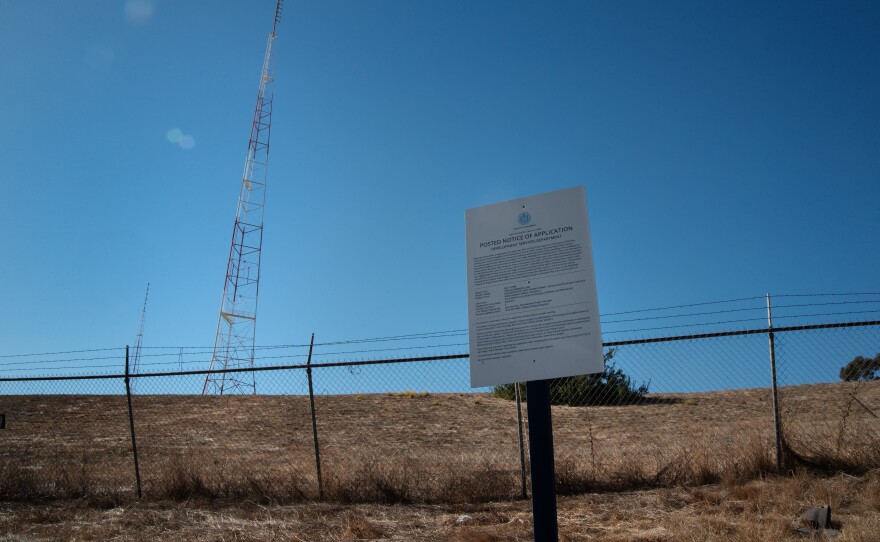City staff are recommending the removal of a footnote from San Diego code.
It allows developers to build four times more densely on certain lots, only in the Encanto planning area — which includes neighborhoods with the most Black residents in the city.
Staff say removing the footnote would decrease Encanto’s potential development by 465 homes, but it wouldn’t affect the city’s housing plan, which did not consider the footnote.
Owners wishing to subdivide their lot into smaller lots could still request a rezoning of their property.
The staff report said how the footnote was passed was “not best planning practices” — it did follow city processes, but did not fully engage with the affected community about the change.
The report doesn’t address what should be done with projects already pending in the planning area.
A city spokesperson said state law prevents them from stopping already planned developments that rely on the footnote.
“Under state permitting law, the City Council cannot repeal a permit that was approved before the regulation changed, nor can the City Council deny a permit application on the basis that the regulations changed after it was submitted to the City,” city spokesperson Tara Lewis wrote in an email.
In November, KPBS reported on how the footnote allowed planned developments in Emerald Hills and Encanto with many more homes than the zoning map appeared to permit.
The staff’s report followed community outcry and an appeal from the planning group, whose members called the footnote shocking and discriminatory.
“They knew that (the planned developments were) our primary concern,” said Andrea Hetheru, chair of the area’s community planning group. “But they think that they come back and say, ‘We're going to take it out of law. That was not the right thing to do.’ But they're very careful to say that it's not unlawful.”
Hetheru doesn’t think removing the footnote is enough. The community planning group wants all projects that rely on the footnote to be halted.
“If it's worthy of repeal, it's worthy of nullifying any decisions that were based on it,” she said.

The report said the footnote supports fair housing by providing home ownership opportunities.
Hetheru disagrees.
The Affirmatively Furthering Fair Housing Act requires local governments to take proactive steps to undo patterns of segregation and create more inclusive communities.
Hetheru said building more densely in an area the state identifies as “low resource,” without significantly improving access to resources, intensifies the problem.
“We don't have well-appointed parks. We don't have well-appointed libraries. We don’t have well-appointed third places, retail spaces,” she said. “When you build with greater density, but you don’t add to the amenities, if you don't add infrastructure, that is the recipe, that is the architect's plan for a slum.”
The planning commission will vote Thursday whether to recommend the city council repeal the footnote.






